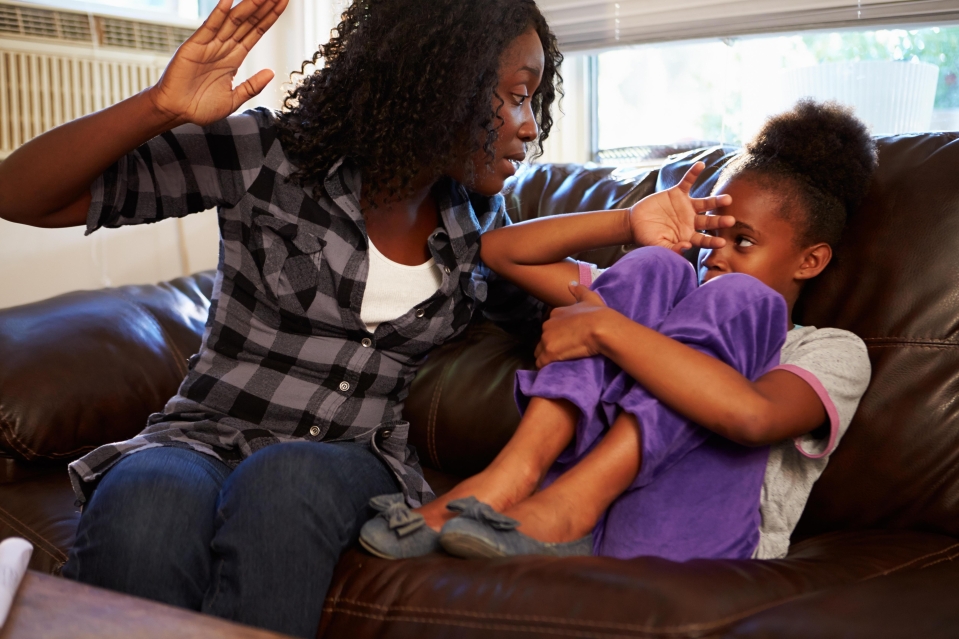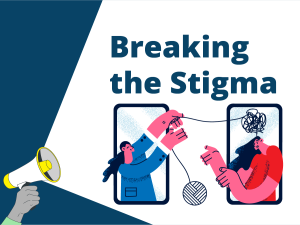The holiday season is long past and I am sure most of the parents are back to factory reset. Since it’s children mental health awareness week, we dedicate this article on the parental role in a child’s mental wellbeing. Parental role shapes the behaviour, experiences, and health of the children. Most parents want to see their children succeed and live a long, healthy life. Thus, the devotion in involvement with presence and provision for the child. Parents take pride as a child navigates from one stage in life to the other. In a way, the child’s perception of their parent is one that they are their heroes.
Life comes with challenges, though. Many are uncontrollable, while others are a result of actions or experiences your child faces. The reality of life is that certain challenges may seep in and impact the child negatively.
Each time a child faces a difficult challenge, whether it’s family turmoil or emotional distress, it takes a toll on them in a variety of ways. Certain traumatic situations children face, such as violence at home or divorce influence the child’s perception of self. Some situations include:
- Being a victim of violence, abuse or neglect at home
- Witnessing violent acts in your home or community
- A family member attempting or committing suicide
- Substance abuse
- Mental health problems
- Having parents who are separated/divorced
- A household member who is incarcerated

Approximately one in three children under the age of 18 experience at least one adverse childhood experience, while 14% experience two or more.
An adverse experience doesn’t guarantee a future problem, rather, it heightens a child’s future risk of mental health problems, injury, risky behaviours, infectious or chronic disease and lack of income or educational opportunities. Most notably, as it relates to this topic, they can increase the risk of depression, anxiety, suicide and PTSD.
These experiences also affect the child’s self-esteem and view of the world. To protect the child, we need to provide stability for them to feel safe in the home, ensuring your children understand social norms and providing them with the skills necessary to tackle difficult emotions when they surface.
Stability being key one has to adapt to one or two parenting style
While you never want to be guilty of under-parenting and neglecting your children, you’ll want to avoid over-parenting as well.
How so? Repeatedly protecting your children will limit their opportunities to deal with stressful, anxiety-driven situations. An inability to properly handle situations can lead to developing anxiety disorders down the road.
In certain scenarios, the inverse can happen. Your children may be so used to being too protected and numb to certain situations, they feel more independent by doing the opposite of what their parents preach. For example, parents who overprotect their children from drugs and alcohol could lead to children being overly curious and eventually lead to substance abuse.
Meanwhile, parenting with a critical, dismissive tone can dampen children’s self-esteem and lead to anxiety or depression. The same can be said for judging your children by their body image or self-worth. Children already have enough emotions to deal with and being too rigid can affect their development.
In general, parents fall under four types of parenting styles.
- Authoritarian. There are clear rules and punishment when those rules aren’t met, but there is little warmth involved. In this structured environment, it’s more of a my-way-or-the-highway type attitude. Without needed support, children may never feel they’re good enough and can develop depression when raised by authoritarian parents.
- Authoritative. Parents develop clear standards and are responsive to their children’s needs in a democratic way. Instead of being the boss, they are open to communication and will listen to their children. Growing up in an authoritative household provides a child with a solid foundation, but they’re also likely to maintain a strong connection with their parents through adulthood.

- Permissive. Expectations are low, and permissive parents generally are more lenient and have few rules to abide by. Even when rules are broken, permissive parents tend to avoid conflict. Without much grounding, children raised like this may be more impulsive and prone to seeking risks. Anxiety and depression risks are also in play.

- Uninvolved. The least restrictive of the four, uninvolved parents are simply they’re uninterested and invest little time in their children. Parents who are uninvolved generally have little communication or involvement with their kids. Rules matter little to them and they don’t enforce misbehaving. Children in these types of households are more at risk of struggling in future relationships due to withdrawal and fear of abandonment. Relationships, in general, maybe anxiety-provoking due to the nature of their upbringing.
There isn’t a definitive right or wrong way to parent, as each situation presents different challenges. Regardless of how you parent, this isn’t a blame game. Ultimately, parenting style isn’t the only indicator of how a child turns out. Take this psychological study, for example. The researchers found a family history of mental health and other adverse experiences led to higher levels of anxiety and depression. They also discovered that people who struggled with coping, rumination, and blame toward themselves or their parents were more likely to deal with mental health problems. In other words, children who didn’t blame themselves or others for negative experiences had better outcomes.
Written by Nancy Kabiru and Sakina Kalyan
About Nancy
Nancy has a strong background in relationship counseling, family counseling, parenting counseling, drug & substance abuse recovery, suicide prevention, grief support, and self-esteem therapy.
About Sakina
Sakina has experience and is well versed in assisting clients experiencing Bipolar Mood Disorder, Depressive Disorders, Post Traumatic Disorder and Anxiety Disorders.
To book an appointment with Nancy or Sakina, kindly Call / WhatsApp +254 745 562 108 or leave a message below.









